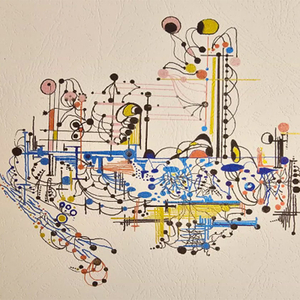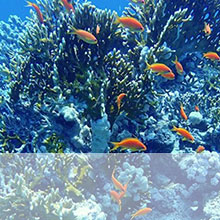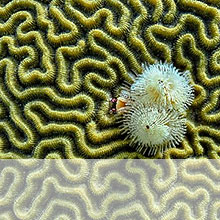Department Fish Ecology and Evolution
Theory in Biology, Ecology and Evolution

This is a lab with the common thread of formalizing and testing models to advance synthesis in ecology and evolution driven by the current massive amount of data collection and storage.
Research questions focus on the integration of highly heterogeneous data to understand biodiversity organizational scale in dynamic landscapes using mainly stochastic modelling.
One major focus of our current research is the development and test of ecological and evolutionary models combining historical and contemporary data.
The final dream is to unify the fascinating details of biological systems in a general and testable framework. Students interested in developing and testing theory should have a burning interest in the origin, evolution and coexistence of diversity in ecosystems.
Major themes
Current projects
Team
Past lab members
Postdocs
-
Leonardo Aguirre
-
Cecilia Andreazzi
-
Julia Astegiano
-
Catalina Chaparro
-
Gregor Kalinkat
-
Thomas Keggin
-
Jan Klecka
-
Ayana Martins
-
Gian Marco Palamara
-
Josephine Rodriguez
-
Charles N. de Santana
-
Mihir Umarani
-
Penjuan Zu
PhD Students
- Raíssa Fernandez
- Eros Geppi
Masterstudents
- Juliette Surjus
SNSF Swiss National Science Foundation Projects
- Interactions on Trees
- Biodiversity Dynamics in Coevolutionary Metaecosystems
- Biodiversity Dynamics in Coevolutionary Metaecosystems (research visit)
- Feedbacks between coevolving predator-prey interactions and the functioning of aquatic ecosystems
- Modelling the effects of predator phenotype on food web structure
- Towards a more biologically informed evolutionary game theory
- An individual-level approach to disentangle niches, drift and dispersal in phytoplankton metacommunity dynamics
- A theory for next-generation food web data





